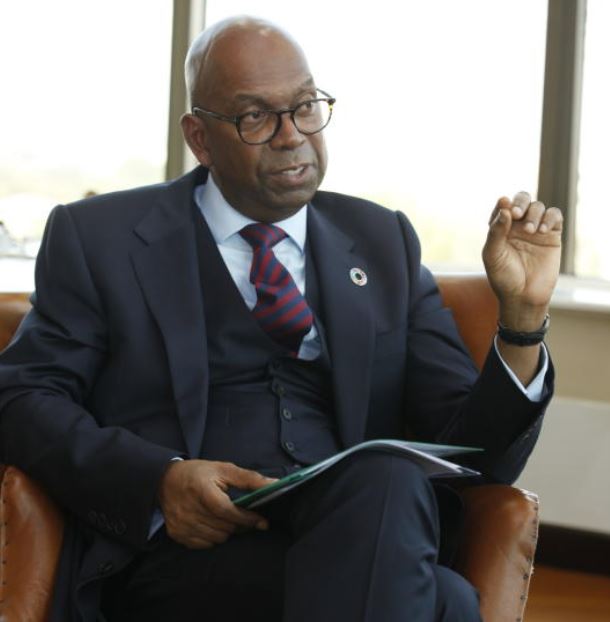×
The Standard e-Paper
Stay Informed, Even Offline

In just about 10 years in a new country thousands of miles from his original Guyana home, Robert Collymore won hearts and minds of millions of Kenyans who mourned his sudden demise this week.
In those remarkable years, he managed the transition in the country’s biggest Telco- Safaricom- and in the process transcended the corporate success of his predecessor.